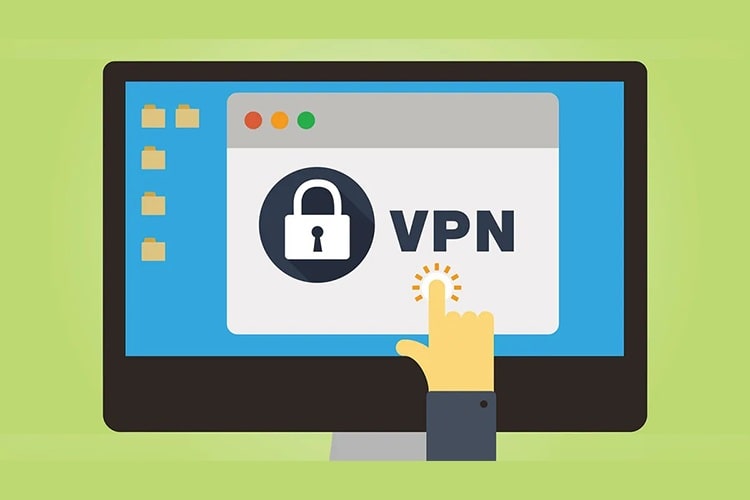A VPN (Virtual Private Network) is a service that allows you to securely connect to the internet through an encrypted connection. It routes your internet traffic through a server in a different location, which hides your IP address and makes it more difficult for anyone to track your online activity.
What is VPN (Virtual Private Network)
There are many different reasons why people use VPNs. Some use them to protect their privacy and keep their online activity private. Others use them to access websites and content that may be restricted in their location. For example, if you are traveling abroad and want to access websites that are only available in your home country, you can use a VPN to connect to a server in your home country and access those websites.
VPNs are also useful for securing your internet connection when using public WiFi networks, such as at a coffee shop or airport. These networks are often unsecured and can be accessed by anyone, which makes them vulnerable to hackers and other cybercriminals. By using a VPN, you can encrypt your internet connection and protect your sensitive data from being intercepted.
There are many different VPN providers available, and each one has its own features and pricing plans. Some offer free VPN services, while others require a subscription fee. It’s important to choose a reputable and reliable VPN provider, as some may not provide the level of security and privacy that they claim to offer.
In summary, a VPN is a useful tool for enhancing your online privacy and security. It allows you to securely connect to the internet and access restricted content, while also protecting your sensitive data from being intercepted.
Guide to Set Up a VPN
To create a VPN (Virtual Private Network), you will need to follow these steps:
- Choose a VPN provider: There are many VPN providers available, and each one has its own features and pricing plans. You will need to choose one that meets your specific needs and budget.
- Sign up for an account: Once you have chosen a VPN provider, you will need to sign up for an account. This usually involves providing your email address and creating a password.
- Download and install the VPN software: Most VPN providers offer software that you can download and install on your computer or mobile device. Follow the instructions provided by the VPN provider to download and install the software.
- Connect to a VPN server: Once the VPN software is installed, you can connect to a VPN server. This will allow you to access the internet through an encrypted connection, which will protect your online activity from being monitored.
- Use the VPN: Once you are connected to a VPN server, you can use the internet as you normally would. Your online activity will be encrypted and your IP address will be hidden, making it more difficult for anyone to track your online activity.
It’s important to note that VPNs are not foolproof and cannot guarantee complete anonymity or security. It’s always a good idea to use caution when using the internet, especially when it comes to sensitive information.
